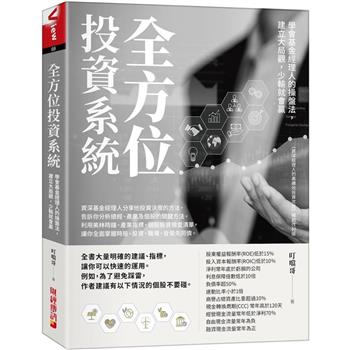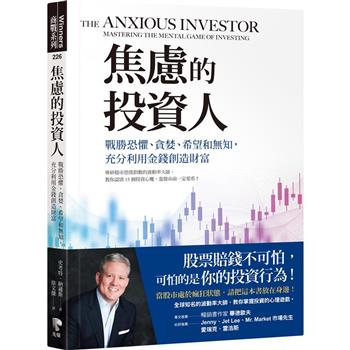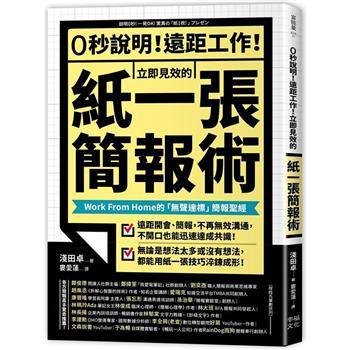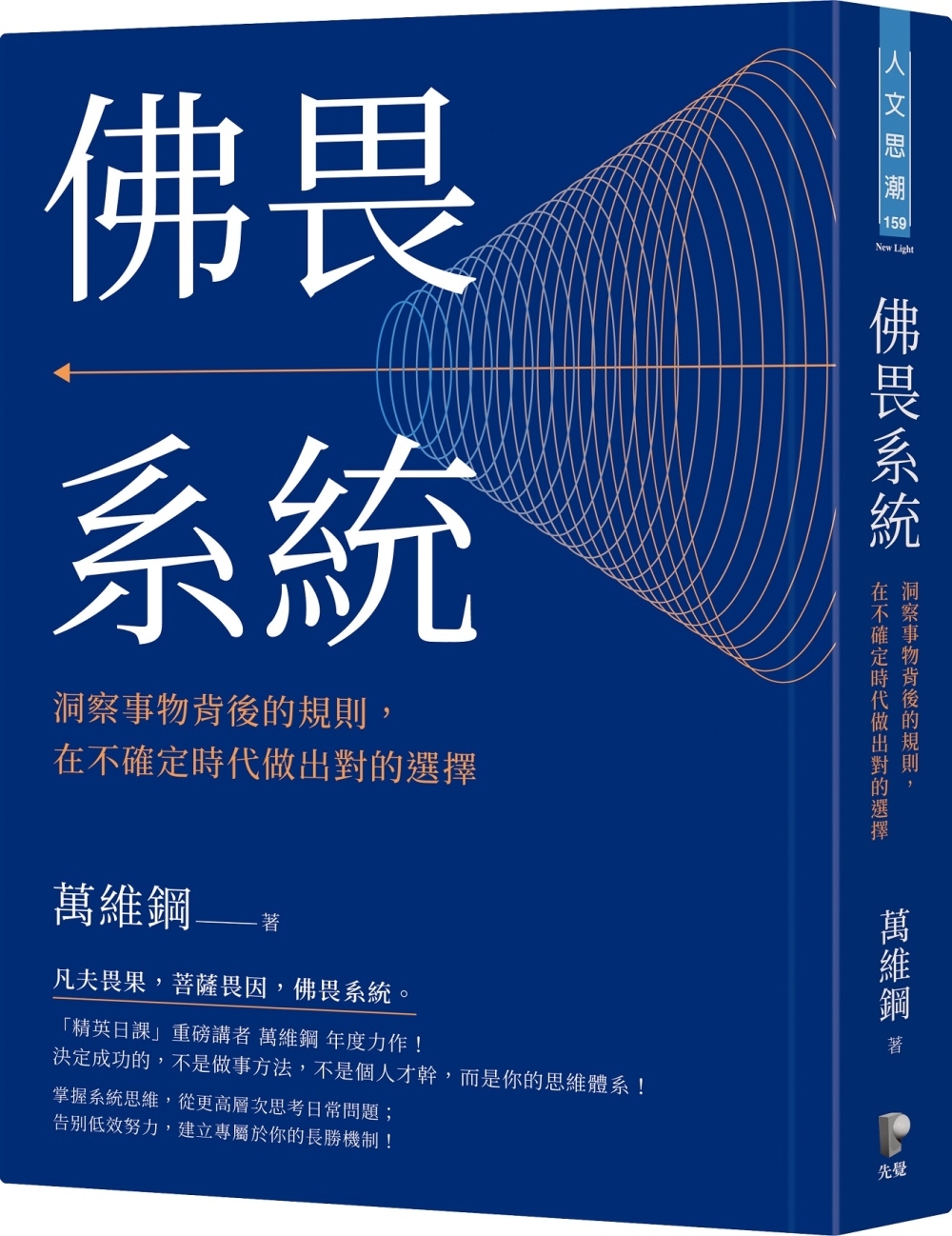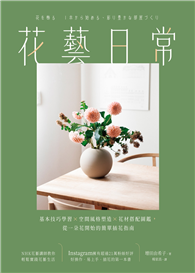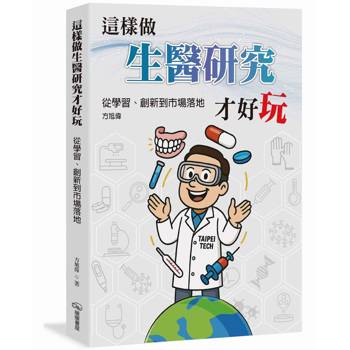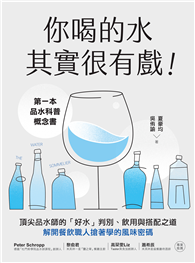This volume responds to important questions about the formal properties of literary texts and the agency of form. A central feature of twentieth- and twenty-first century French and Francophone writing has been the exploration of how cultural forms (literary, philosophical and visual) create distinctive semiotic environments and at the same time engage powerfully with external realities. How does form propose a bridge between the environment of the text and the world beyond? What kinds of formal innovations have authors devised in response to the complexity of that world? How do the formal properties of texts inflect our reading of them, and perhaps also our apprehension of the real? In addressing such questions as they apply to a wide corpus of texts, including the novel, life writing, the essay, travel writing, poetry and textual/visual experiments, the chapters in this volume offer new perspectives on a wide range of creative figures including Proust, Picasso, Breton,
Bataille, Ponge, Guillevic, Certeau, Camus, Barthes, Perec, Roubaud, Chauvet, Savitzkaya, Eribon, Ernaux, Laurens and Akerman. Collectively, they renew the engagement with form that has been a key feature of French cultural production and of analysis in French studies.

